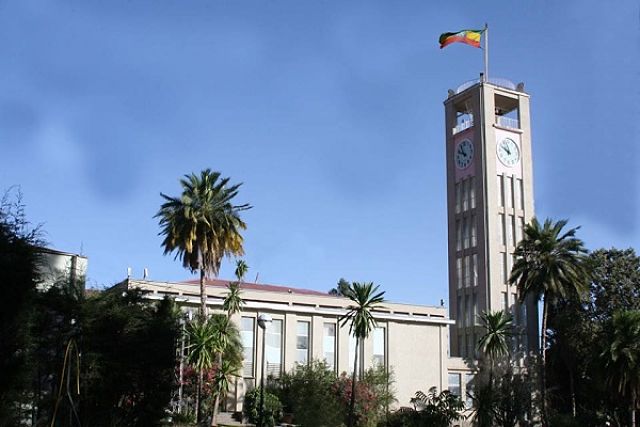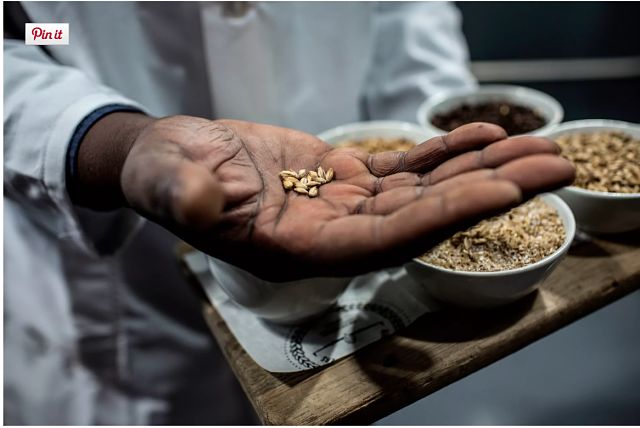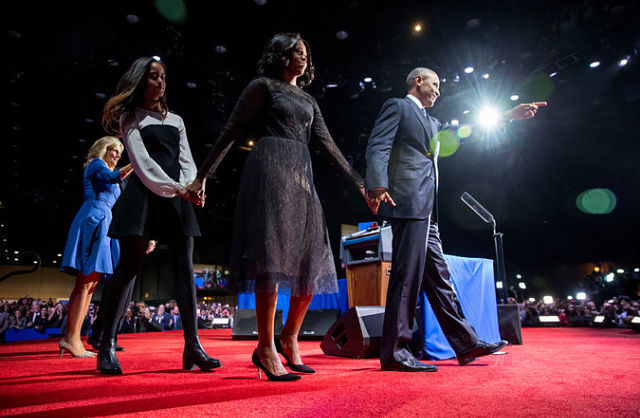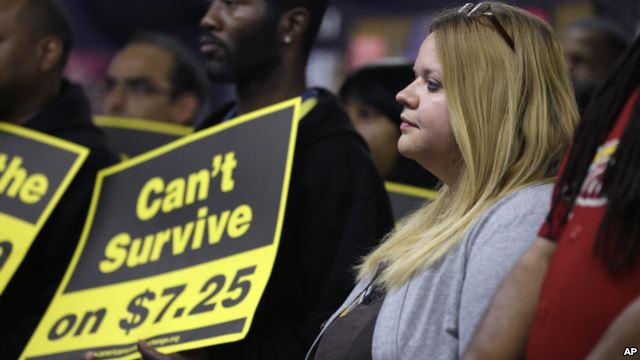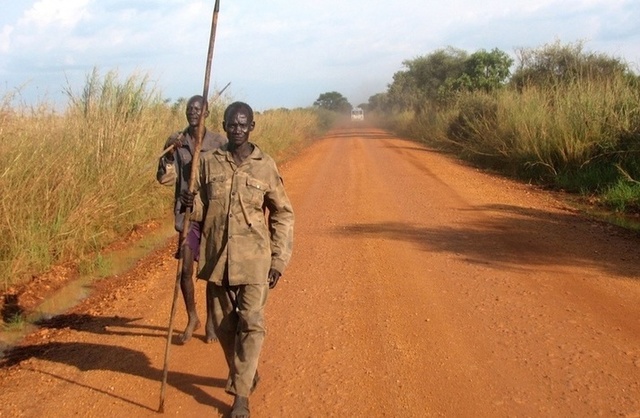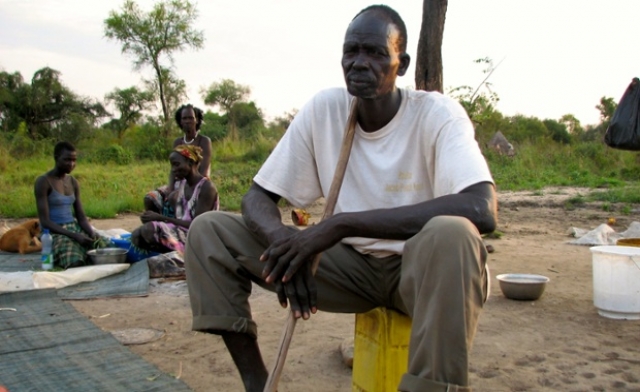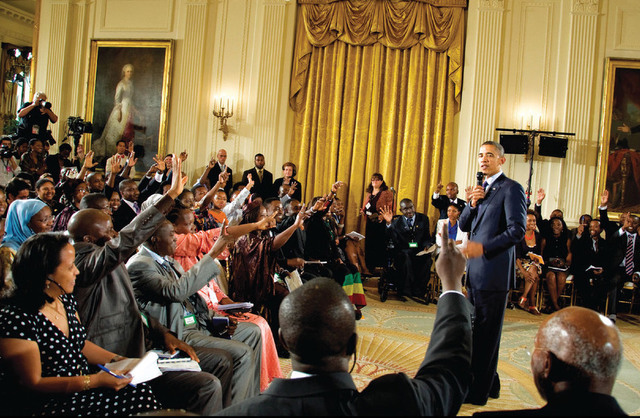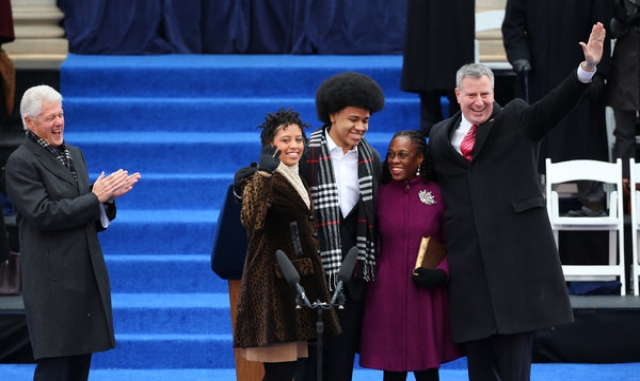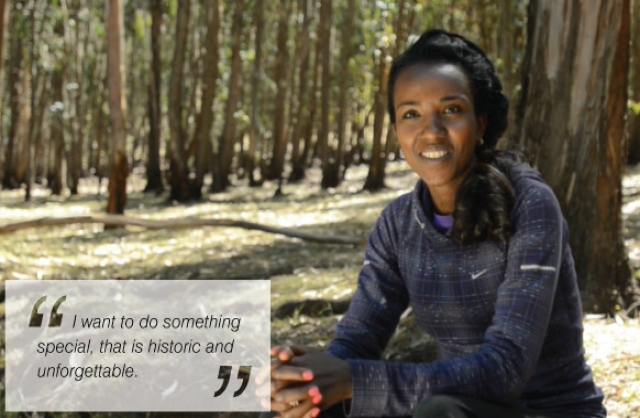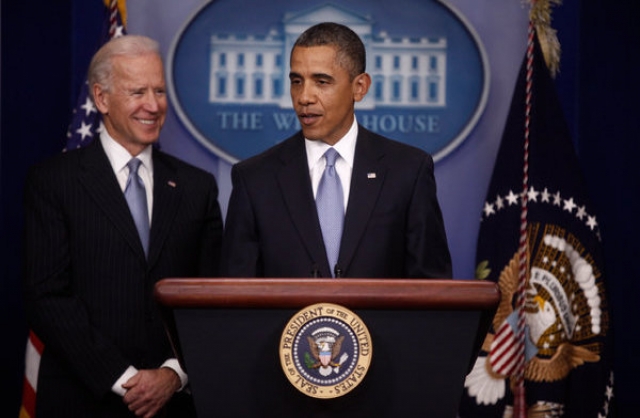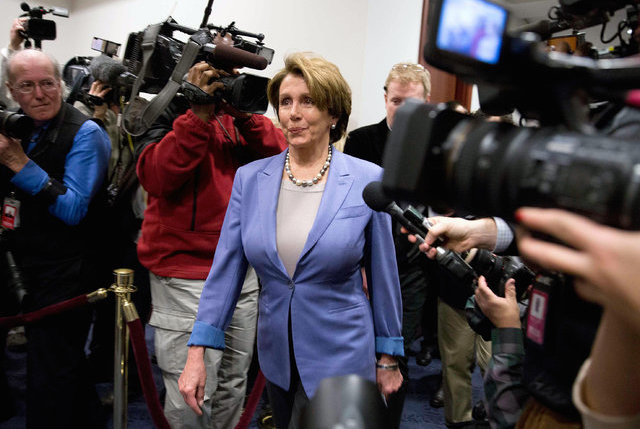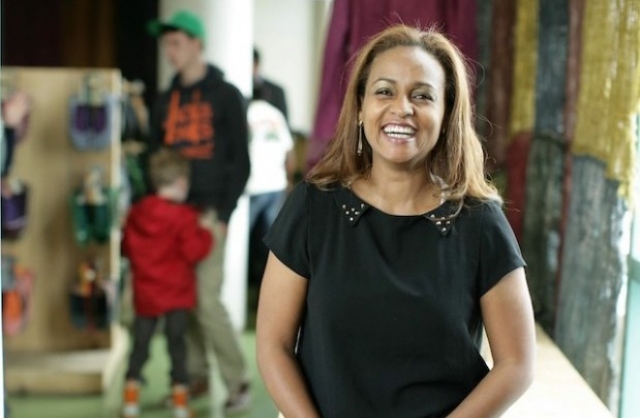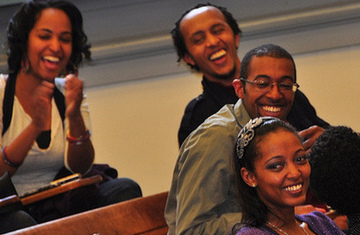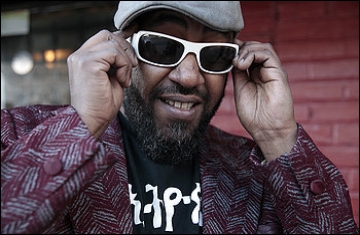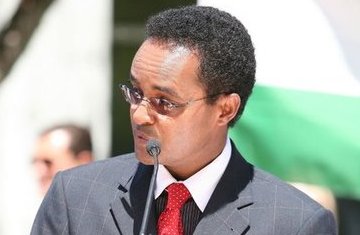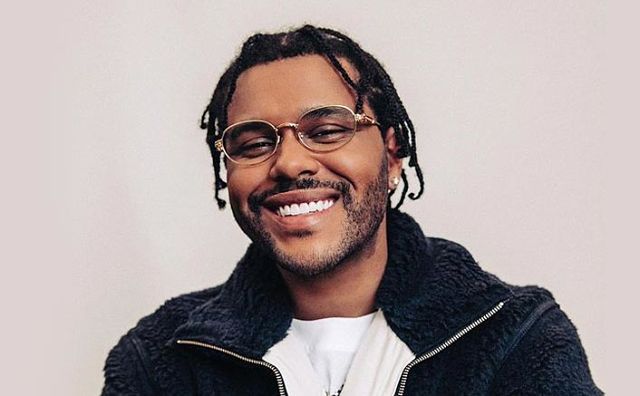 Ethio-Canadian singer, songwriter, and record producer Abel Makkonen Tesfaye, known professionally as The Weeknd, shares that his “natural singing voice was inspired" and "shaped by Ethiopian Music”. In a recent interview with the music and culture magazine TMRW discussing his upcoming album, the artist added: "The older I got, I was exposed to more music, and my voice became a chameleon going into different characters." (The Weeknd/ Instagram)
Ethio-Canadian singer, songwriter, and record producer Abel Makkonen Tesfaye, known professionally as The Weeknd, shares that his “natural singing voice was inspired" and "shaped by Ethiopian Music”. In a recent interview with the music and culture magazine TMRW discussing his upcoming album, the artist added: "The older I got, I was exposed to more music, and my voice became a chameleon going into different characters." (The Weeknd/ Instagram)
Koimoi
Singer The Weeknd says his next album will be inspired by the Black Lives Matter movement and Covid-19 pandemic.
In an interview with TMRW, the singer, whose After Hours tour was postponed due to the pandemic, shared what to expect in his new album, reports billboard.com.
“I have been more inspired and creative during the pandemic than I might normally be while on the road…The pandemic, the Black Lives Matter movement and the tensions of the election have mostly created a sense of gratitude for what I have and closeness with the people near me,” The Weeknd said.
“I was laser focused back then and I’m laser focused right now. This has been the story of my 20s. I feel like I spent the last 10 years creating a sound and most of my career, I’ve either been running away from it or duplicating it. After Hours was the perfect piece of art for me to show my tenure in the industry, said The Weeknd.
Talking about his musical journey, The Weeknd said: “My natural singing voice was inspired and shaped by Ethiopian music. The older I got, I was exposed to more music, and my voice became a chameleon going into different characters with each album. By following my own path and breaking industry norms, it seems to be influencing others.”
—
Take a sneak peek at tmrw x the Weeknd: a special edition 100-page zine all about the Canadian superstar.

Since the Weeknd’s emergence into the ever-changing world of R&B he has pioneered his own sound, defying the restrictions of genre by fusing pop, hip hop and the sultriness of R&B together. (TMRW)
In 2012, the Scarborough-raised singer Abel Tesfaye, famously known as the Weeknd, released Trilogy. Quickly this debut LP became a platinum-selling record with critics identifying him as being a pivotal artist who changed the landscape of R&B. Fast forward to 2020 – a tumultuous year for music and the rest of the world – and the Weeknd has delivered the globally renowned After Hours featuring arguably the biggest song of the year ‘Blinding Lights’.
Over the 10 years of creating, the Canadian icon has barely sat still: whether heading off on mega world tours or releasing forty records in under a decade, the Weeknd has transformed himself and the music industry with his unique sound, aesthetic and performances.
Whenever I try to describe the Weeknd’s sound, the first adjective that comes to mind is ‘cinematic’, whether it is Starboy being the perfect score to a sci-fi heist film or his debut album Trilogy being layered over a fast-paced action romance. The Weeknd has definitely mastered the sound and art of orchestrated suspense. The artist’s vocal range was notably inspired by the music of his heritage and cultural roots, heavily influenced by his immigrant parents coming to Canada from Ethiopia.
“My natural singing voice was inspired and shaped by Ethiopian music. The older I got, I was exposed to more music, and my voice became a chameleon going into different characters with each album. By following my own path and breaking industry norms, it seems to be influencing others.”
On the eve of his first mixtape’s tenth anniversary, tmrw has joined forces with the Weeknd on a limited edition zine. Here he opens up to us about how it feels to be a meteoric star, what it means to be creative during a pandemic, and pulls back the curtain on the origin of his distinctive, honey-sweet vocal style. Featuring 100+ pages of interview, images, quotes and more on premium paper, this is not to be missed so get a copy for yourself here now and have a sneak preview below…
—
Join the conversation on Twitter and Facebook.






